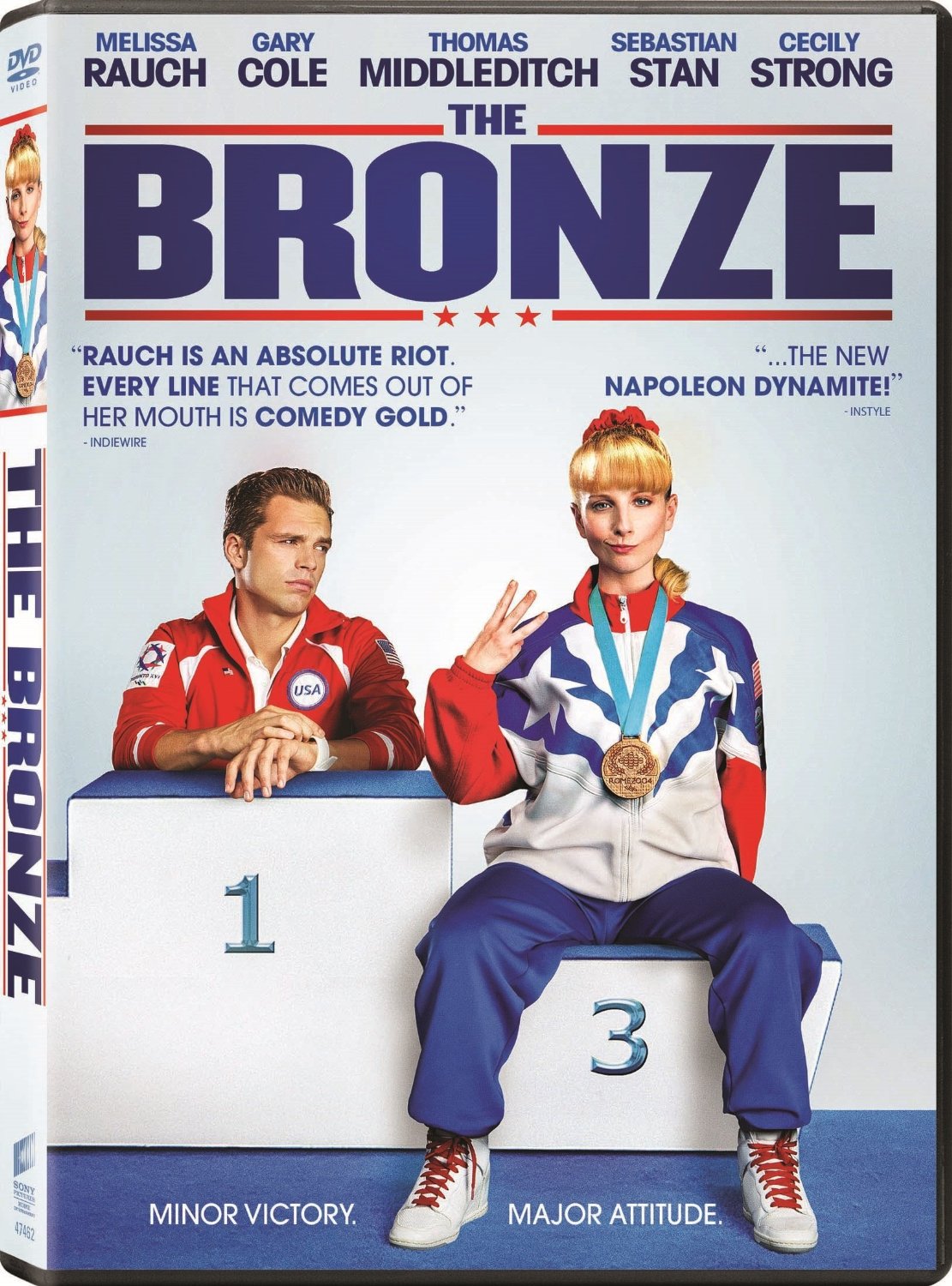Den of Geek: What were your first impressions of Lance when you read the script?
Sebastian Stan: Oh, man. Well, I was just laughing, really out loud, with my friend. And I just kept quoting the movie over and over again. Then I just kept thinking about the character later on, the day after, and then going to sleep at night. Usually when something sticks in my brain that prominently, I take that as a good sign. He was just this unafraid, bold, somewhat narcissistic, arrogant prick that was also just like extremely insecure and filled with a lot of emptiness. I thought the script was really just original and comedic and, at the same time, had a lot of heart. And I was a fan of (director) Bryan Buckley. So it was a pretty done deal for me at that point.
Had you worked with Melissa before?
No, I didn’t. I watched her after I met her and it I was amazed because her character in The Big Bang Theory is so different from who she is as a person. She’s also extremely different playing Hope. It just shows you how she disappears sort of in her roles. But yeah, I think she’s really, really talented.
What did you find in Lance that you could emphasize with?
Well, I think there was a moment towards the end of the film where you kind of see a little bit the cracks through this sort of heavy exterior that he puts out. That was the only moment in the movie where I felt you get to see some of the reasons as to why he is the way he is, also just kind of how his story ends up. It kind of made me feel at least like, “Oh, I think it’s OK if we really go for it.” I think this movie was not afraid to show those flaws of these characters.
You said that you felt like you were comedically challenged working on this movie, especially in terms of doing improv.
Oh, yeah. It’s still very new for me, but that was the exciting part, to want to sign up for a challenge like that, because Melissa and Thomas (Middlemitch) and Cecily (Strong), they’re all really comedic actors. They are just so witty and off the cuff. For me, I just had…because I have a European background, even though I’m very Americanized, still, in my mind, my thought process is very different. So I always wonder how that’s going to read across, because in my head it might make sense, but sometimes the way it comes out it might be different.
Fortunately, Bryan was just so encouraging for me to just kind of go out there. I think you just have to sort to jump in the water, which is why this was such a good experience for me in terms of comedy. To me, it’s a lot about taking risks and staying fearless. I think that’s a big basis of what improv is.
Did you look into the whole gymnastics culture?
I did, yeah. I looked at all the men’s Olympic teams from a few years ago, all the way to going back to ’87. I’m like, just who were the guys? Who were the people that inspire the others? Then I actually was following some of them on Instagram and social media, which was great because I got to kind of get a little bit of insight into their inside world, so to speak. And I got to see them out and about in life with their friends.
So I had this idea at one point through someone I knew that Lance always had a backpack with him that had the essentials in it or, like, what he needed. He just had this really immaculate, expensive, epic backpack that had a change of clothes in case he needed to hit the gym last minute, or a couple protein bars, a book on like…maybe Trump’s Art of the Deal could be in there. You know what I mean? So just kind of little things like that that would give me an idea of who the guy is.
What do you think the movie says about celebrity culture?
I think it says a lot. Look at Peyton Manning. I think football players deal with it a lot. But yes, our industry certainly has a fair share of it. I think the idea is that there is a dark side to success. There is definitely an underbelly underneath all the glamour and success that is quite taxing on people. I think that this movie explores a little bit of what loss of childhood is about, for example, and being rewarded to the extent that these gymnasts or athletes are rewarded so early in their lives where their psyches are still forming. Their careers kind of come to an end around 25, 27 years old. You’re not even a man really at that point.
But they learn the reward centers in their brain and so on. So it does create a monster a little bit in people, I think, at least in this movie. It sort of deals with that a little bit at the root; you know, what happens when the Olympics are over? What happens when the training is done and you go home? What happens when your body gives out and you are not able to compete like you used to? We’ve certainly seen that be a tragic sort of movie with a lot of different celebrities. So that’s all part of the film. Continue reading

































